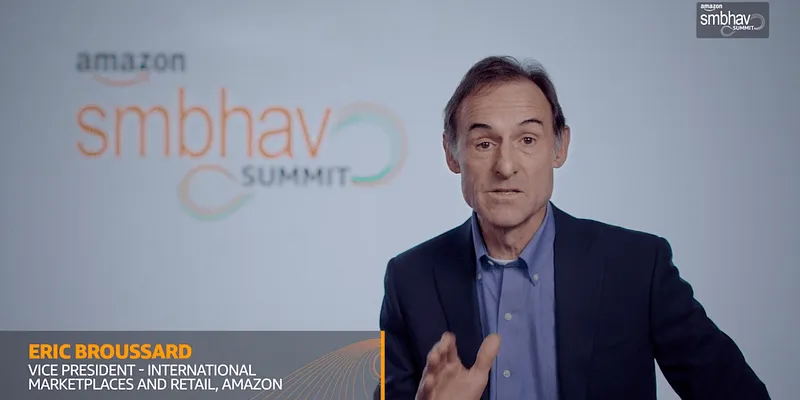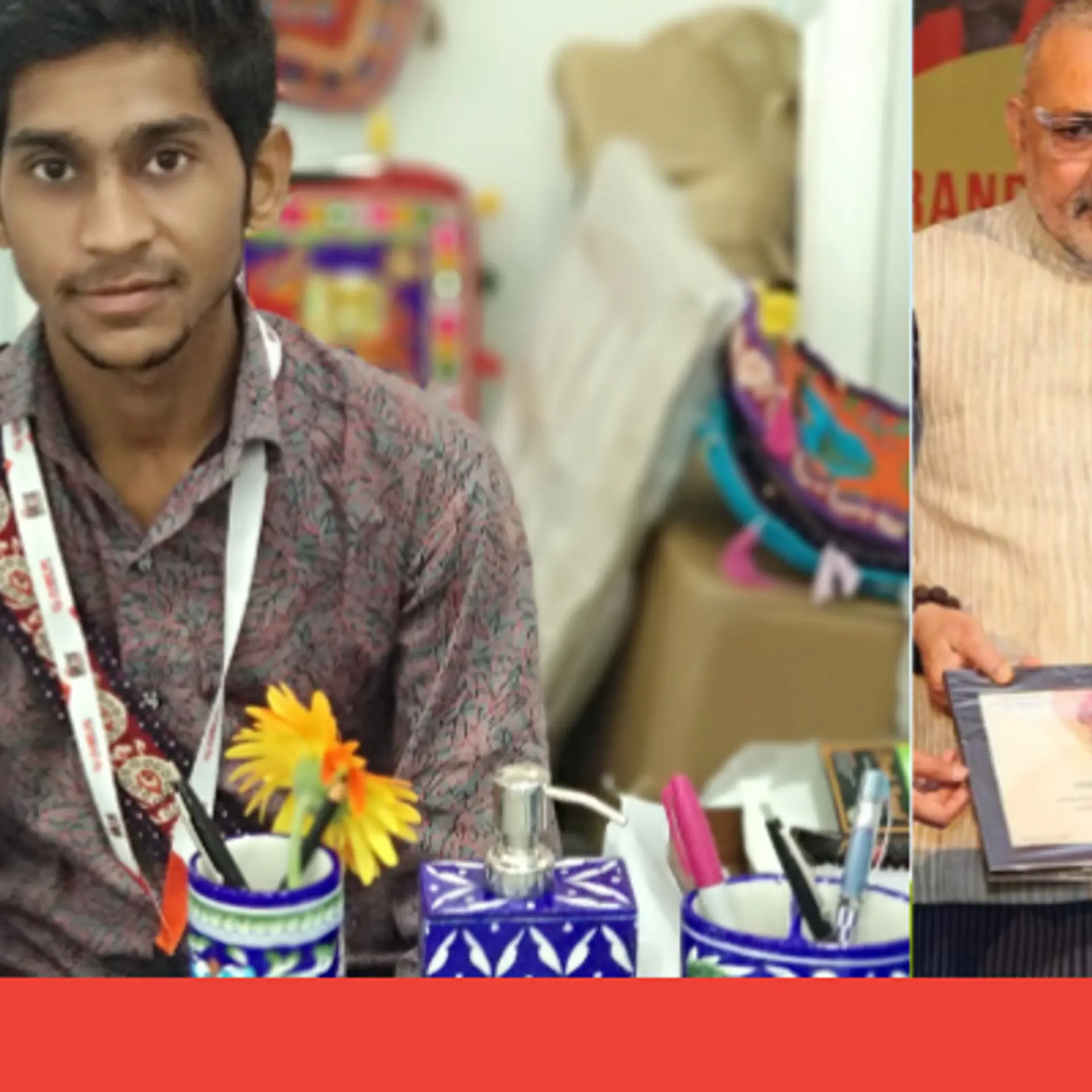How ecommerce has enabled SMBs to tap into the global market
On Day 2 of the Amazon Smbhav Summit 2021, a group of panellists came together to discuss how Indian SMBs can manufacture products for the global market and the role of ecommerce in helping them achieve the same.
Ecommerce has proven to be a game changer for the Indian micro, small and medium enterprises (MSMEs). Getting listed on ecommerce platforms have enabled them to break several physical and geographical barriers.
However, there is still a long way to go when it comes to Indian small and medium business (SMB) owners grabbing a sizeable pie of the international market. On Day 2 of the Amazon Smbhav Summit 2021, a group of panellists came together to discuss how Indian SMBs can manufacture products for the global market and the role of ecommerce in helping them achieve the same.
Alka Nangia Arora, Joint Secretary at the Ministry of Micro Small and Medium Enterprises, said that since the last few years, she has seen MSMEs constantly evolving. She also added that the government's decision to change the definition of MSMEs was a good step as it would enable Indian manufacturers to match the bandwidth or volumes of other countries like Korea and Japan.
How ecommerce changed the game for Indian MSMEs
Rajan Anandan, Managing Director of Surge and Sequoia Capital LLP, said that in the last 30 years, India has gone from no internet to millions using it. He said,
"Initially, if you had to launch or sell in the US, you would have to open an office there, sign up with retail partners and spend a huge amount of money on figuring out things like warehousing, logistics, distribution, etc." He said that today none of it is required as everything is easily accessible. "You don't even have to go to the US to sell!" he quipped.
Alka also elaborated on how ecommerce has supported MSMEs in breaking into the global market. She said, "We encourage MSMEs to take part in various international fairs to showcase their products. Moreover, with more MSMEs getting listed on ecommerce sites, they are becoming confident about their products."
Disha Katharani, co-founder of a toymaking company, Imagimake, said that the advantages of going global are umpteen. The company decided to explore the global market in 2017. She said, "The advantages of selling online in the global landscape are very compelling- right from unlimited shelf space, to easy access to consumer feedback, easy ability to expand from one market to the other."
Disha also added that more than 80 percent of the company's revenue comes from digital channels.

Scope for Indian products in the international market
In another session, Eric Broussaard, Vice President, International Marketplaces and Retail, Amazon, highlighted that a large global opportunity awaits Indian SMBs to leverage from. He said, "Indian SMBs can sell on 17 Amazon marketplaces (international), get connected to 150 million paid prime members and 300 million customers in 200 countries and territories."
Eric also added that Indian sellers have to "think global" and focus on "building global brands that customers can trust."
Vinod Kumar, President, India SME Forum, and Managing Partner and Country Manager, India and Middle East of SDRC International, concluded the session by giving three tips to Indian MSMEs who are looking to go global,
"Innovate - without that you don’t have a business. Digitise - without that you would be nowhere in the future and finally, Export. Once you export you will know what to sell even in the local markets."
Edited by Anju Narayanan








